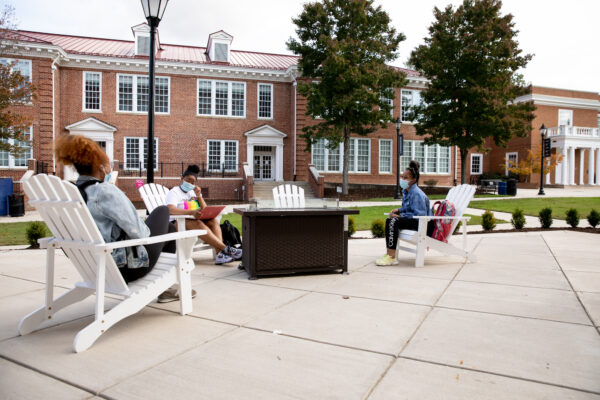Alternative Providers Are Changing the Learning Ecosystem
Title: Mapping a Postsecondary Learning Ecosystem: Alternative Providers in Context
Author: Louis Soares
Source: American Council on Education (ACE)
In a new issue brief, Louis Soares, the chief learning and innovation officer at ACE, explores the concept of a learning ecosystem for postsecondary education, with a focus on alternative providers. He describes a postsecondary learning ecosystem as including not only traditional higher education institutions but also organizations that deliver postsecondary content or skills training independently or in partnership with colleges and universities.
Technology enables collaboration and support among diverse actors in the postsecondary market, making the term “ecosystem” a fitting metaphor. Soares explains that colleges and universities play a central role in delivering postsecondary education but depend on other entities such as K-12 schools, employers, governments, community-based organizations, and families. These interdependencies are crucial for the ecosystem to flourish.
The brief highlights the importance of documenting, validating, and sharing learning outcomes across stakeholders within the ecosystem. Processes like credit transfer and recognition of prior learning enable knowledge from different settings to be transformed into college credits.
Soares argues that an ecosystem approach to higher education recognizes the value of colleges and universities while also acknowledging the significance of differentiated and diverse postsecondary options, like alternative providers. Alternative providers are positioned in terms of their potential advantages, such as short credential pathways, low costs, flexibility, and connections to the labor market. Soares suggests that alternative providers, like other forms of learning-by-doing, complement traditional higher education experiences for many learners.
The brief explores the adaptive pressures driving the emergence of learning ecosystems, driven by the need for efficient mechanisms to meet the demand for human capital. Soares discusses how technological changes, such as information technology and artificial intelligence, shape the learning ecosystem by driving learning-by-doing approaches and creating new demands for skills and experiences.
To download a copy of the brief, click here.
—Tabatha Cruz
If you have any questions or comments about this blog post, please contact us.

